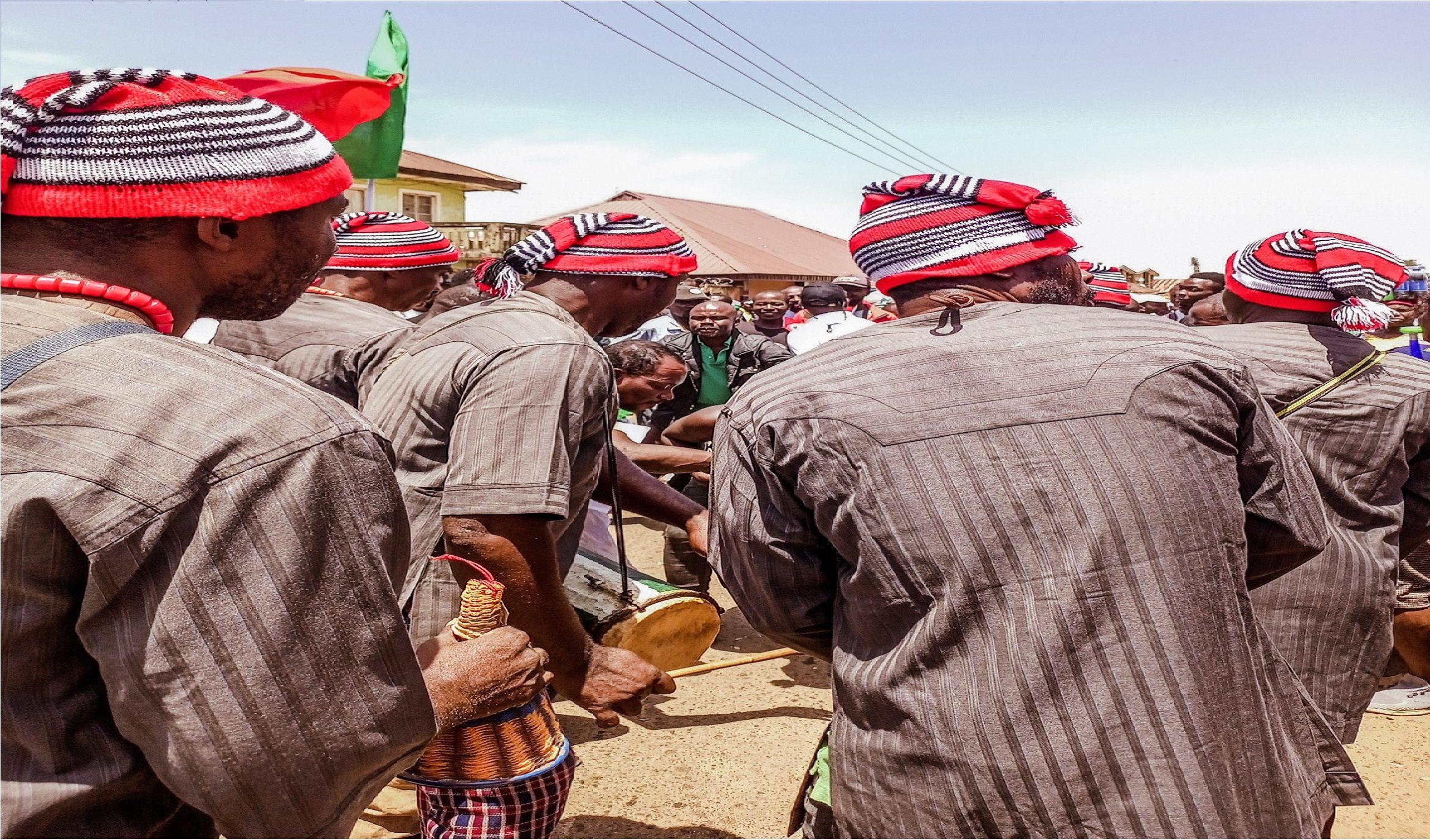Introduction:
The period following the Nigerian-Biafran War marked a tumultuous chapter in the history of the Igbo people. Emerging from the devastation of war, the Igbos faced significant challenges. This article discusses the journey of the Igbos from 1970 to the present, highlighting their resilience and progress despite the adversities they encountered.
Rebuilding The Igbos:
The aftermath of the Nigerian-Biafran War left Igboland in ruins. Hospitals, schools, and homes lay in ruins, symbolizing the immense loss suffered during the conflict. However, the Igbos embarked on a journey of rebuilding, displaying remarkable determination and unity.
Post-War Discrimination:
In the wake of the war, many Igbo people experienced discrimination from other ethnic groups and the new non-Igbo federal government. This discrimination extended to various facets of life, including employment opportunities and social inclusion.
Subgroup Disassociation:
Interestingly, some Igbo subgroups, such as the Ikwerre, began to disassociate themselves from the larger Igbo population after the war. This shift was influenced by a complex set of factors, including regional identity and political dynamics.
Changing of Names:
During this period, there was a notable phenomenon of changing names of people and places to non-Igbo sounding words. For example, the town of Igbuzo saw its name Anglicized to ‘Ibusa.’ This renaming reflects a broader trend of cultural adaptation and assimilation.
Economic Challenges:
The early 1970s were economically challenging for the Igbo people. Discrimination made it difficult for many Igbos to secure employment, leading to economic hardship. Despite these hardships, the Igbo spirit remained unbroken.
The Rise of the Petroleum Industry:
The turning point came with the rise of the petroleum industry in the adjacent Niger Delta region. This development catalyzed economic growth and prosperity, gradually transforming the fortunes of Igboland. New factories were established in southern Nigeria, contributing to the region’s economic revival.
Transition to Government Positions:
Many Igbo individuals transitioned into government positions, helping to shape Nigeria’s political landscape. Simultaneously, others engaged in private businesses, contributing significantly to the Nigerian informal economy.
Global Diaspora:
In recent times, there has been a significant wave of Igbo immigration to various African countries, Europe, the Americas, and South Africa. This global diaspora reflects the entrepreneurial spirit and resilience of the Igbo people, as they seek opportunities and forge connections around the world.
Conclusion:
The journey of the Igbos from 1970 to the present exemplifies their remarkable resilience, adaptability, and commitment to progress. Despite the challenges they faced in the post-war era, the Igbos have rebuilt their communities, contributed to Nigeria’s development, and ventured into the global arena. Their story is one of strength, unity, and determination, a testament to the enduring spirit of the Igbo people.
Awareness:
Our work at the Face of Igbo Heritage Legend International Foundation, is to unit the Igbos at home and in the Diaspora via our remarkable events that celebrates our Igbo culture and heritage.

